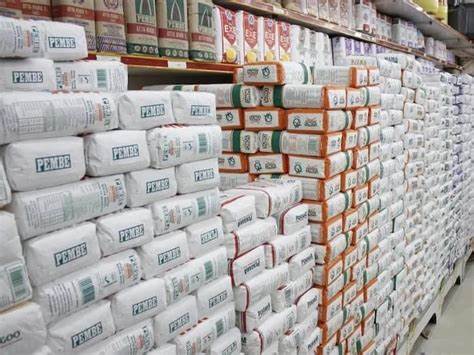The maize flour subsidy, which ended a month ago, is shrouded in mystery, with no confirmation of how much taxpayers spent on the program.
Although the Ministry of Agriculture has yet to issue an official statement, some sources claim that Sh7 billion was spent on the program, which ended on August 20. According to other ministry sources, the four-week subsidy cost Sh6 billion.
President William Ruto said in his inauguration speech that the subsidy had “gobbled up” Sh7 billion.
Even the amount owed to the millers who took part in the scheme appears to be speculative. The firms have expressed concern about debt settlement delays.
By the time the subsidy scheme ended on August 20, Sh3.5 billion had been paid to 119 millers from the Sh4 billion that had been deposited in an escrow account opened at the Central Bank of Kenya (CBK) to run it.
The ministry used Sh532 million to pay some millers’ debts owed for a similar maize subsidy since 2017. However, the ministry, senior government officials, and program insiders are divided on the exact amount owed to the millers.
“After completing verification of invoices submitted by millers this week, we identified that we owe them Sh3 billion. This is owed to 89 millers who were not fully paid and the ministry has requested the National Treasury for the funds,” a ministry official said.
The millers’ representative on the oversight committee formed to oversee the subsidy’s implementation put the figure at Sh2 billion.
“Our engagement with officials handling invoices at the ministry reveals that Sh2 billion remains unpaid to millers who supplied maize flour,” the source said.
However, in an interview with local TV stations over the weekend, Deputy President Rigathi Gachagua stated that the Ministry of Agriculture had requested an additional Sh4 billion from Treasury for the subsidy.
The millers are worried about the fate of their payment due to the transition to a new government.
“Going by the statements the President and his deputy are making, we fear our payment could be delayed,” a source said.
These contradictions have millers, primarily small and medium-sized businesses, concerned about when, if at all, they will be paid. Their working capital has now been frozen for four weeks at the ministry.
The unga subsidy was conceived shortly before the elections in response to public outrage over the high cost of living. However, its impact was limited because rogue traders hoarded the subsidized flour.



















